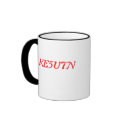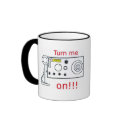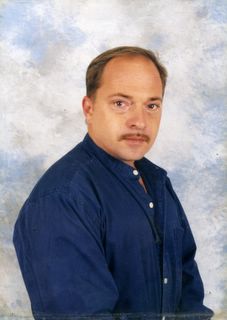Me and my dog had fun the day I took the clips for this video. I'm sure, though, she worked alot harder than I did.
12/17/16 Wood Cutting, Devil Worship interruption, Deal not Honored
-
Interesting dream about a kid with long reddish-brown hair.
He looked like he was around 16 years old. Strange thing about this kid
is that at times in ...
9 years ago






















